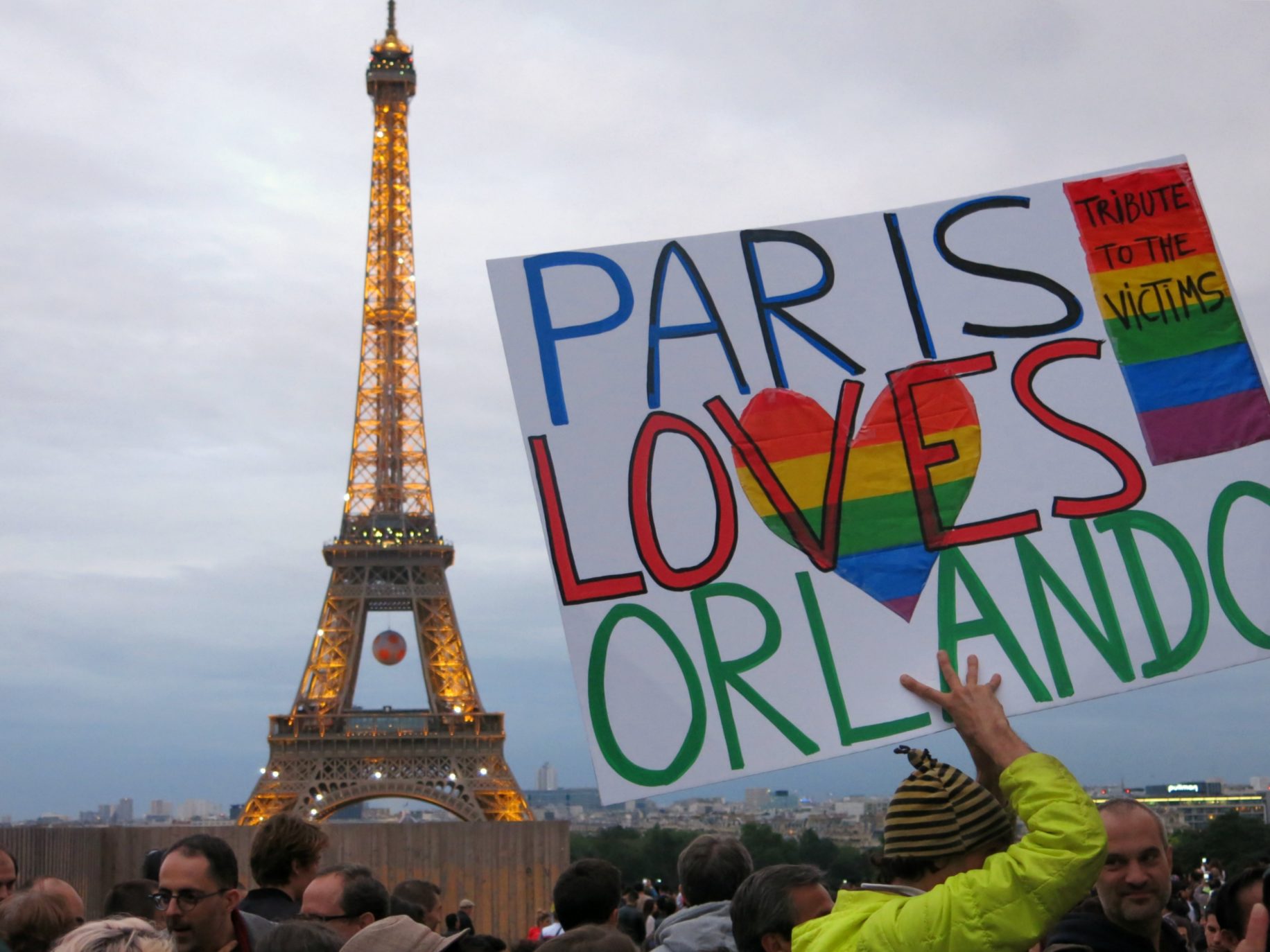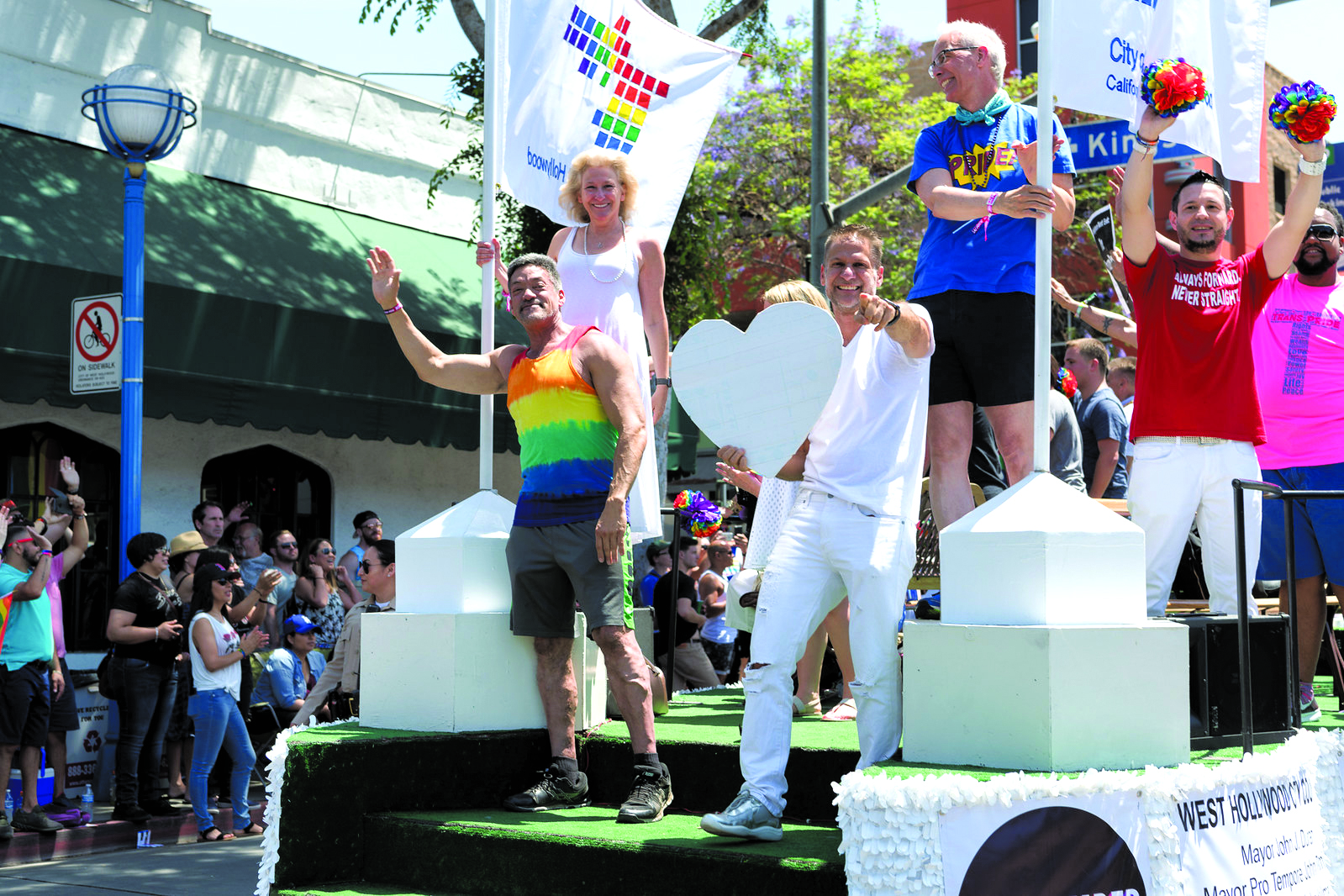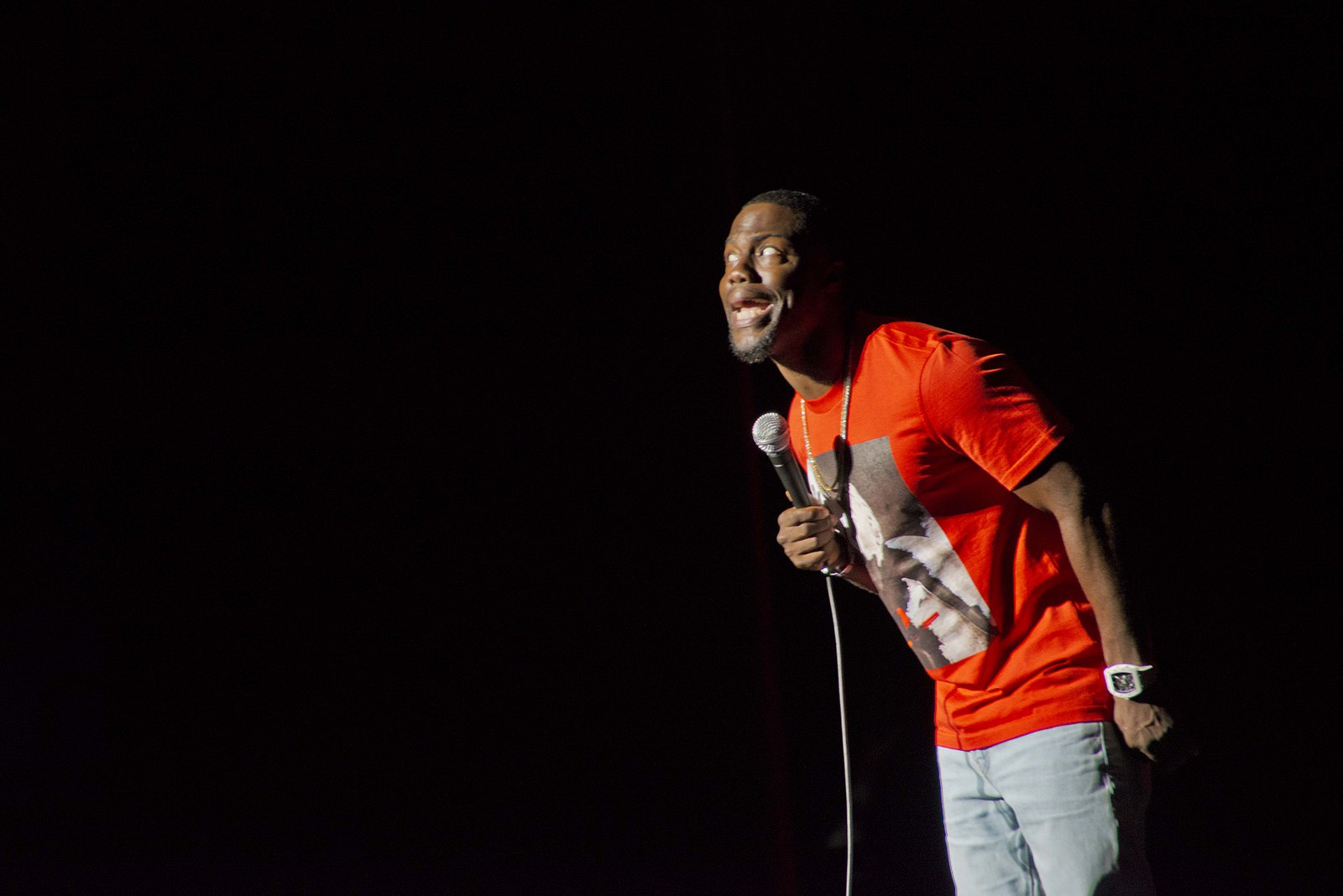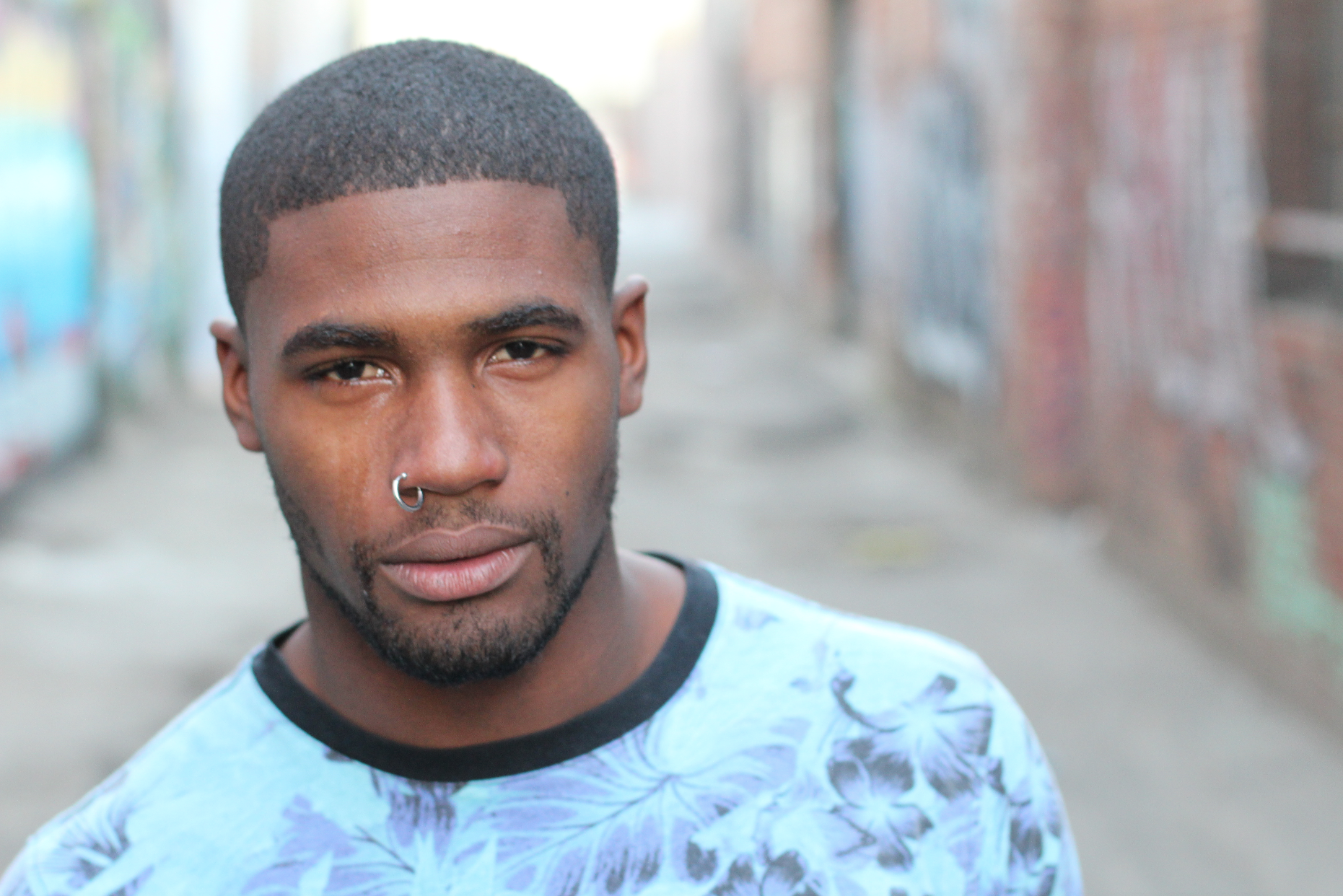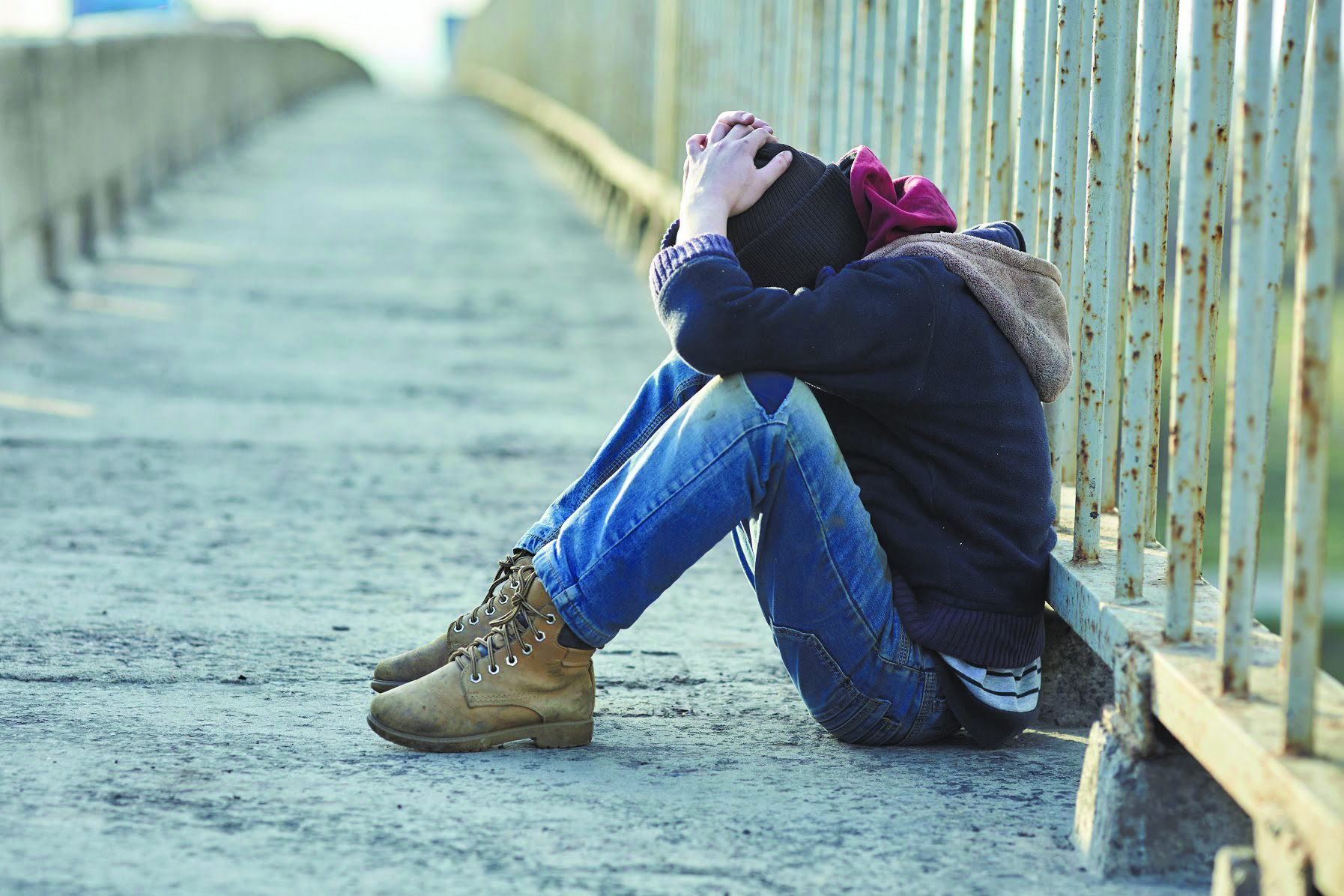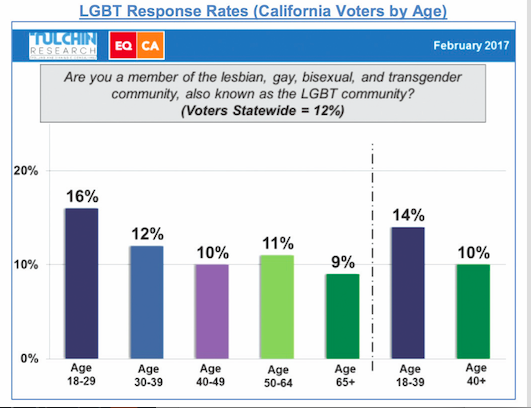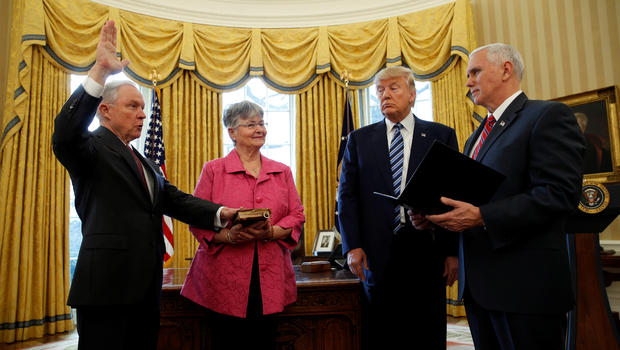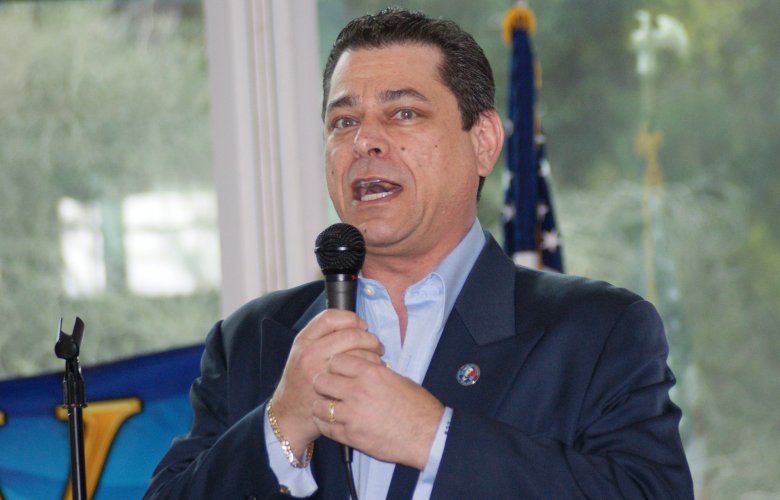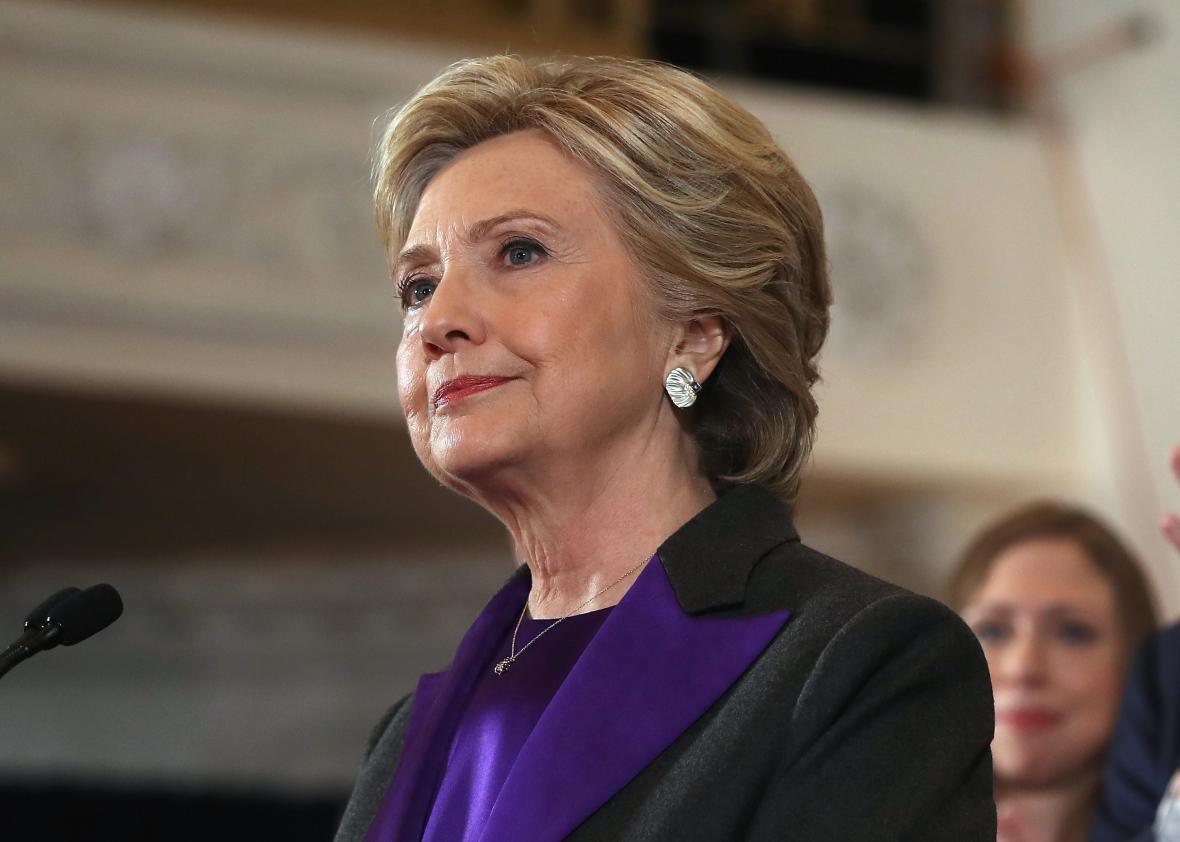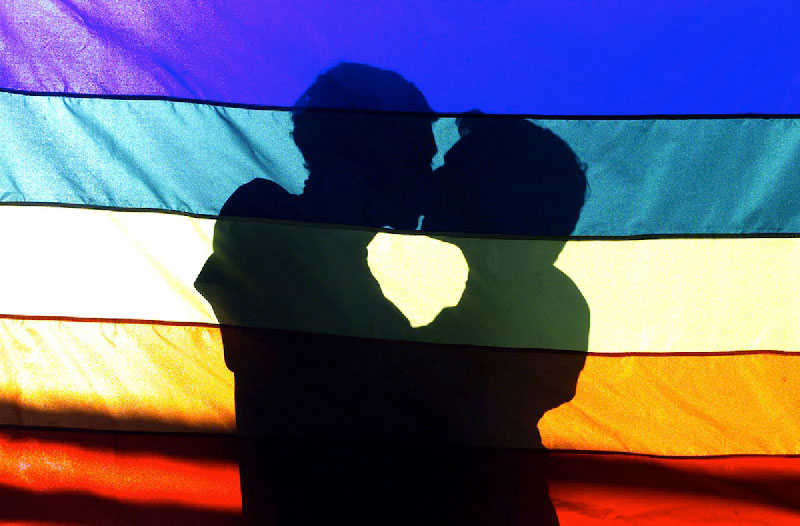
BY JEFF TAYLOR | Whenever a terrorist attack hits there is a common refrain, “This was an attack on all of us, on our shared humanity.” While there may be some validity in such comments, there are occasions where certain communities are more directly targeted for acts of terror than others, often motivated by racial or religious divisions.
Violence against LGBTQ people is nothing new, having been present throughout our history, and recent large scale terrorist attacks in Paris, Orlando, New York City and New Jersey have a worrying connection to the community. Enough so that Donald Trump promised to protect the LGBTQ community in his speech at this year’s Republican National Convention, an unusual move for a Republican presidential nominee. It was a move praised by right-leaning LGBTQ individuals and derided as little more than anti-Muslim fear mongering by many who oppose him.
In the most recent attack, pipe bombs detonated or were discovered Sept. 17 – 19 in the New York metropolitan area, including one that exploded on West 23rd Street in the Chelsea neighborhood in Manhattan, which has long been a popular area among LGBTQ people. 31 people were injured.
Several other bombs were also discovered: one along the route of a U.S. Marine charity run in Seaside Park, New Jersey, and multiple ones found inside a suspicious package at the Elizabeth train station, also in New Jersey.
Bombing suspect Ahmad Khan Rahami was captured by police after a shootout and has been charged with five counts of attempted murder of a law enforcement officer, second-degree unlawful possession of a weapon, and second-degree possession of a weapon for an unlawful purpose.
His young daughter’s mother told Fox News that he hated gay people and often railed against America and Western civilization.
While he has not been linked to a terror cell, authorities say was motivated and inspired by the views of al-Qaeda founder Osama bin Laden and al-Qaeda chief propagandist Anwar al-Awlaki.
Al-Qaeda affiliated group Ansar Al Islam claimed responsibility for the killing of Xulhaz Mannan, a Bangladeshi gay rights campaigner and editor of the country’s first and only LGBTQ magazine, and his friend, actor Mahbub Rabbi Tonoy, which occurred in April. The terrorist group called them “the pioneers of practicing and promoting homosexuality in Bangladesh.”
Orlando mass shooter Omar Mateen, responsible for the deaths of 49 people, with another 53 wounded, had claimed allegiance to everyone from al-Qaeda to Hezbollah to ISIS, seemingly unaware of the conflict between Hezbollah and ISIS.
The shooting took place on June 12, 2016, at the LGBTQ nightclub Pulse, but it remains unclear if he chose the club specifically because of its clientele. He posted to Facebook prior to the shooting criticizing the “filthy ways of the West,” but appears not to have made any specific claims against LGBTQ people. He also criticized U.S. airstrikes for killing “innocent women and children,” adding, “America and Russia stop bombing the Islamic state.”
It was rumored that Mateen was himself gay, bisexual or curious, with many saying they had seen him at Pulse, and some claiming to have had contact with him on gay and bi dating apps, such as Grindr. One man went so far as to claim he had an ongoing sexual relationship with Mateen. The FBI found no validity to any of those claims.
His father, Mir Seddique, does not believe his son was gay, and said that he had gotten angry when he saw two men kissing in public. After the shooting, Seddique said in an online video, “In this month of Ramadan, the gay and lesbian issue is something that God will punish,” adding that “the servants of God shouldn’t have anything to do with it.”
A handful of Christian preachers in the U.S. praised the Pulse shooting because the victims were members of the LGBTQ community, including Roger Jimenez in Sacramento, Donnie Romero in Fort Worth and Steven Anderson in Tempe.
There has also been speculation on the sexual orientation of one of the terrorists believed responsible for the November 13, 2015 Paris attacks, Salah Abdeslam. Abdeslam, who escaped after the attacks, which left 130 dead and another 368 injured, and was captured after four months on the run, is rumored to have frequented gay bars.
“We had him down as a rent boy, he was always hanging out with that kind of crowd,” the bartender of a club supposedly visited by Abdeslam, told the Sunday Times.
ISIS, which routinely throws men suspected of being gay or bisexual from buildings, has claimed responsibility for the attack.
ISIS said the attacks were retaliation for French airstrikes on ISIS targets in Syria and Iraq.
Meanwhile, in ten countries terrorism isn’t even required for the killing of gay people, as they have instituted laws imposing the death penalty for homosexuality. They are: Yemen, Iran, Mauritania, Nigeria, Qatar, Saudi Arabia, Afghanistan, Somalia, Sudan, and United Arab Emirates.

